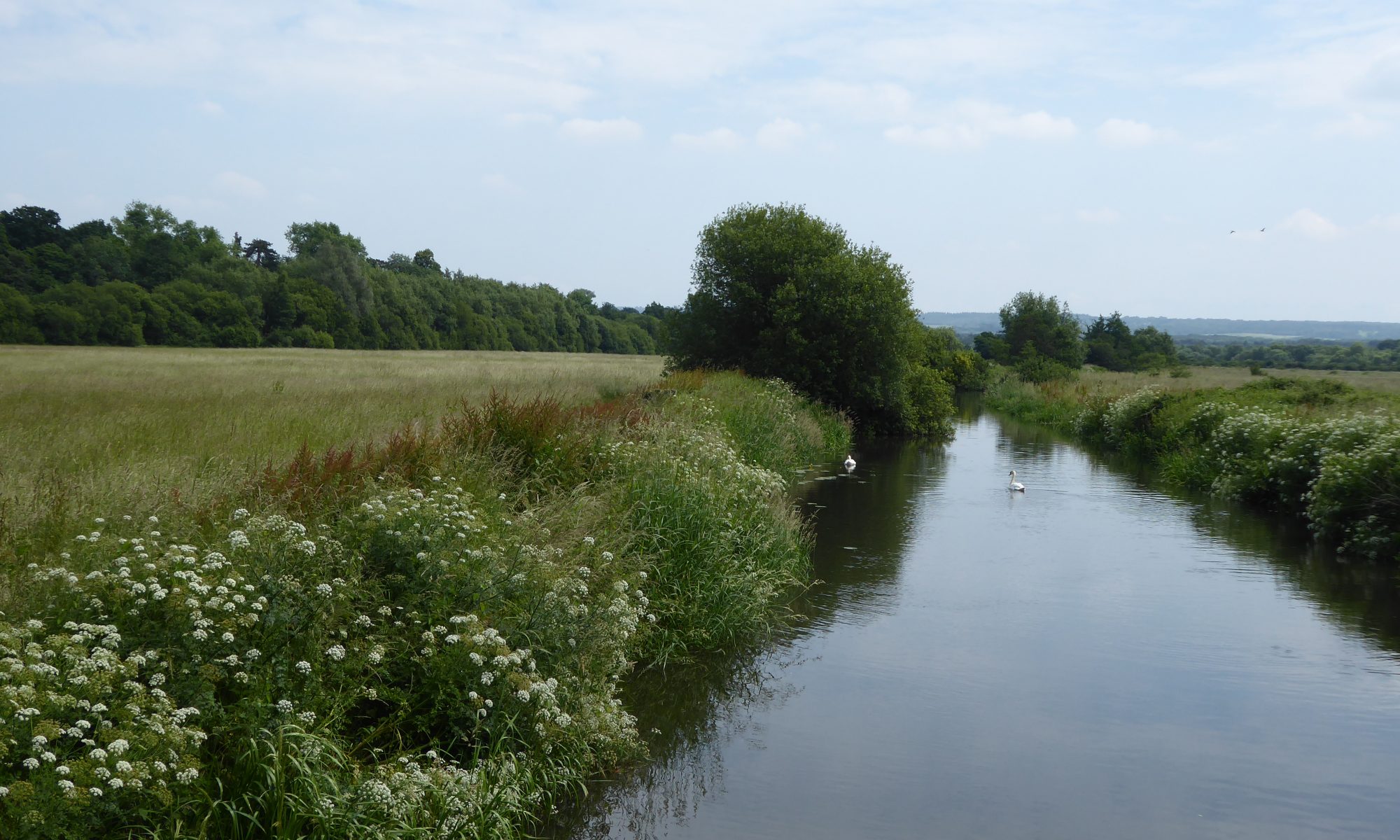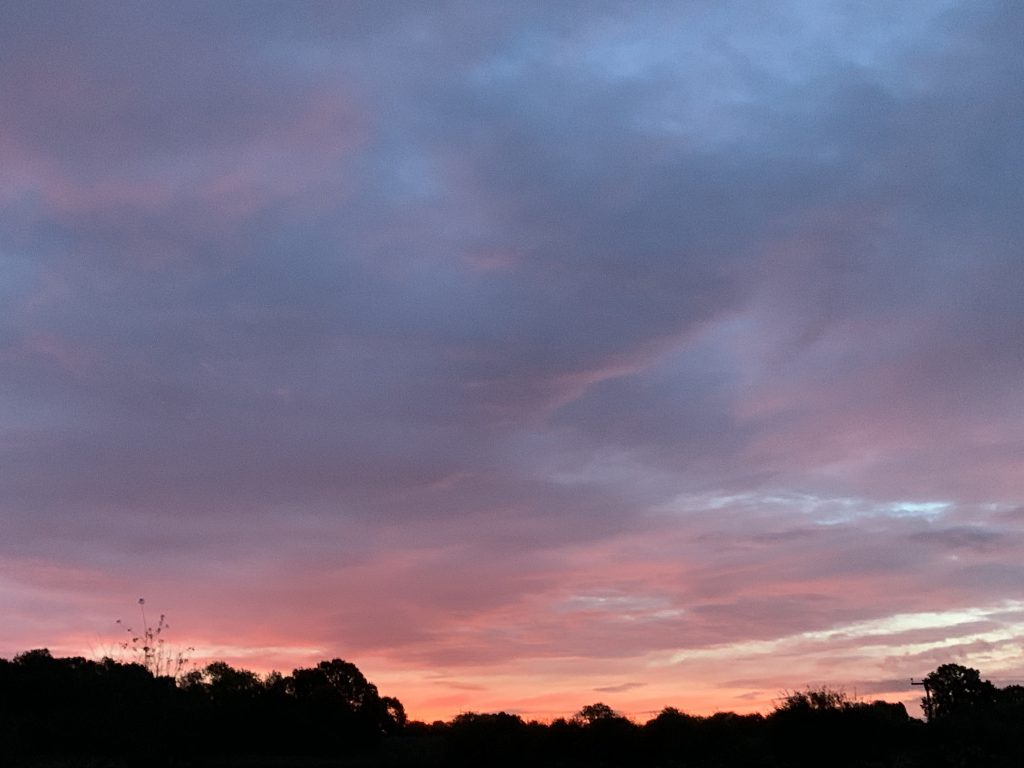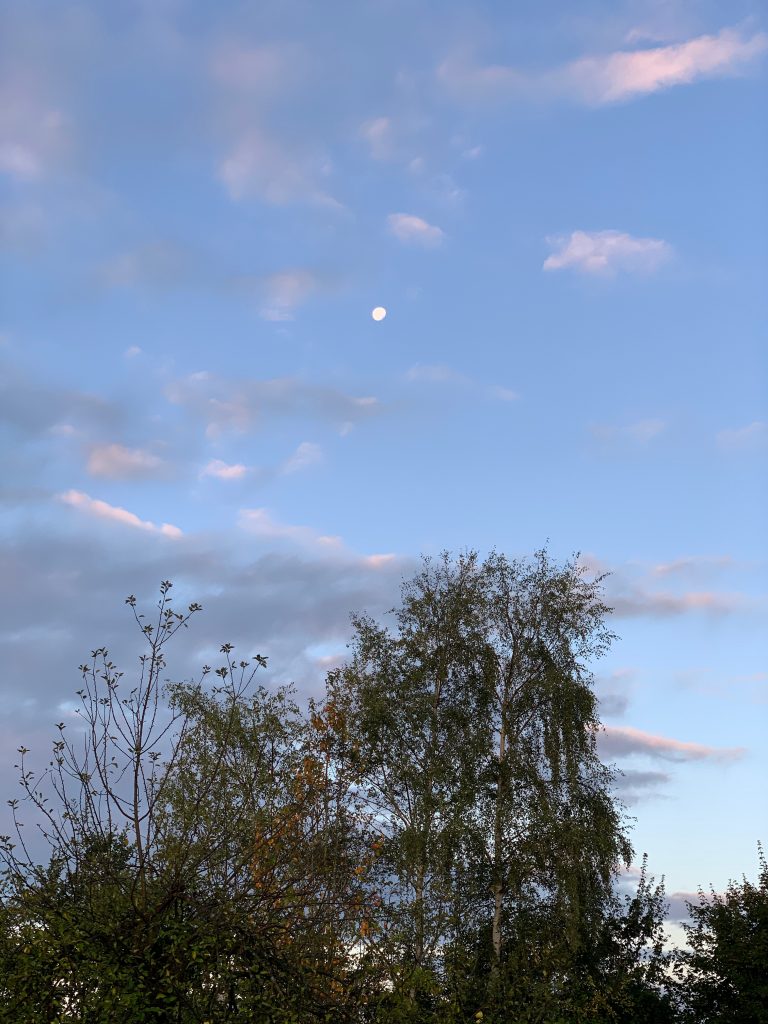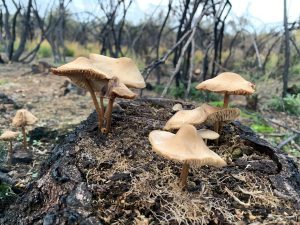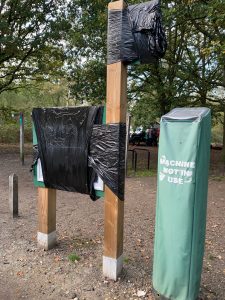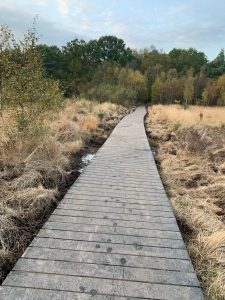I was recently asked a couple of questions relating to the benefits I find from going out in the countryside at this time of year, made me think about the countryside as the core part of my life, offering a constant amidst the surrounding chaos. In some ways I would admit I cannot conceive of living without knowing I am able to find solace and comfort in, and with, all things green and natural.
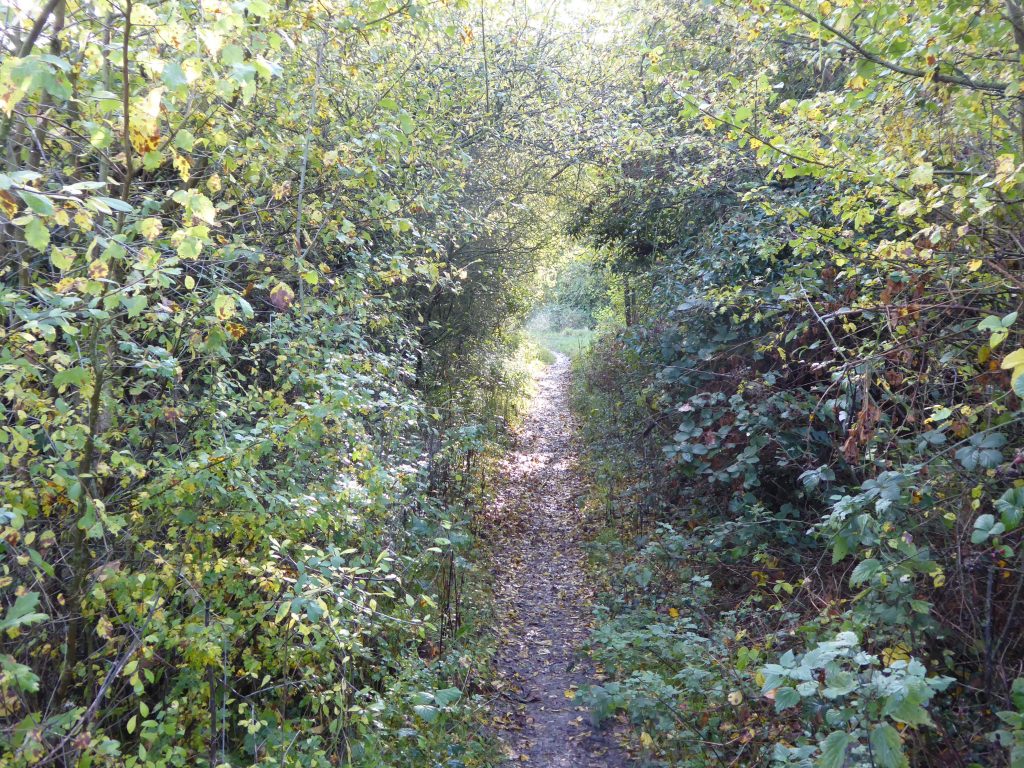
Over the last couple of weeks I have taken advantage of breaks in the rain to have strolls with my wife and then with my son. Though I love walking on my own the right company seems to add another dimension, shared experience and another pair of eyes and ears. As autumn progresses to winter the countryside quietens but there are different things to wonder at. Walking from Wood Street towards the Hogs Back might be muddy but in the crisper, colder light the sense of slowing down, pause, is palpable.
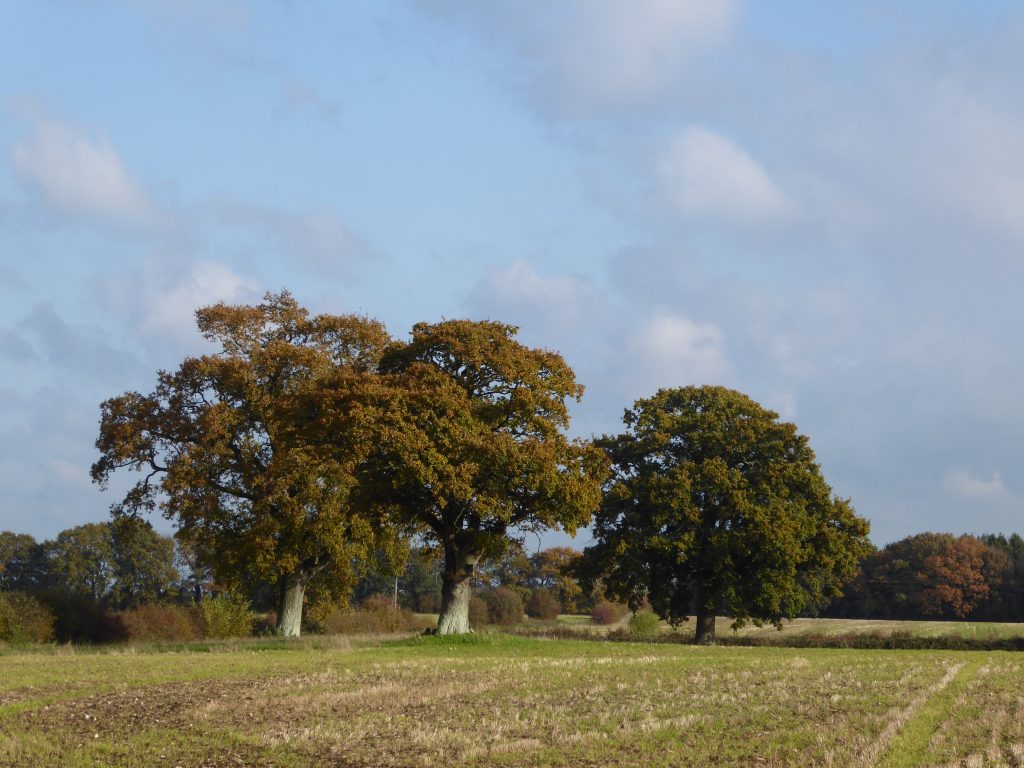
There is however new life and signs of continuing activity to be encountered.

It’s been a great year for many fungi which are increasingly fascinating my wife. Looks like a better field guide is needed. Good timing….
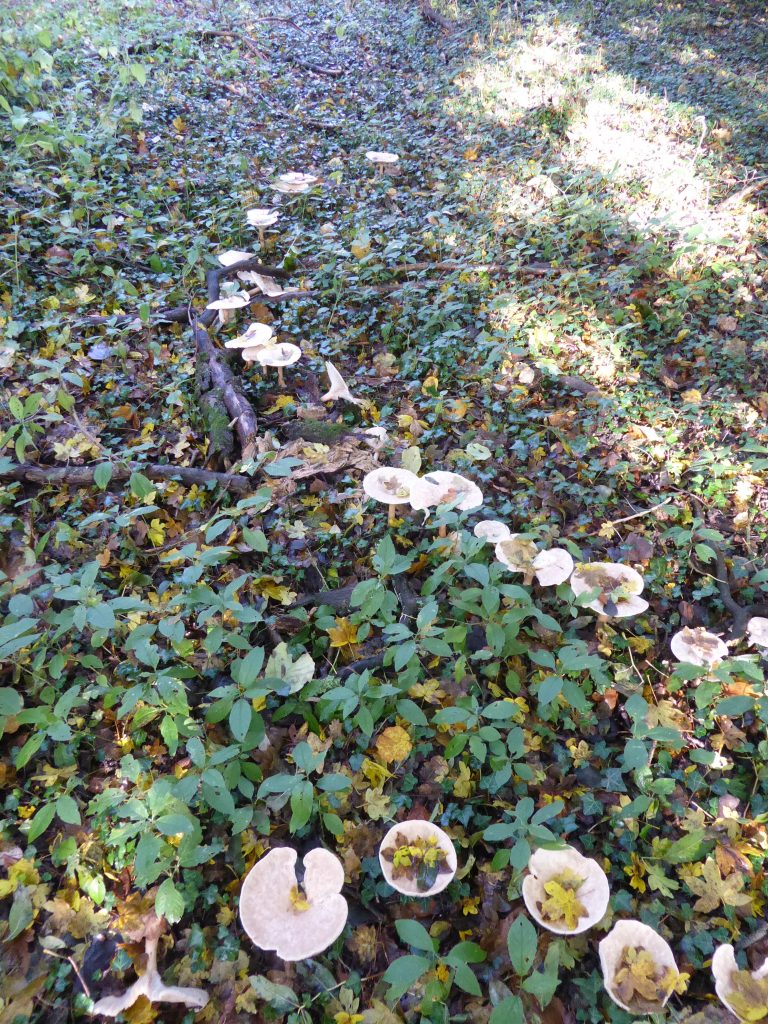
The time of berries is here but have to admit that most seem consumed by the time I write this. One consequence of this reduction in hedgerow food means my bird feeders appear to be used to excess. More on that another day.
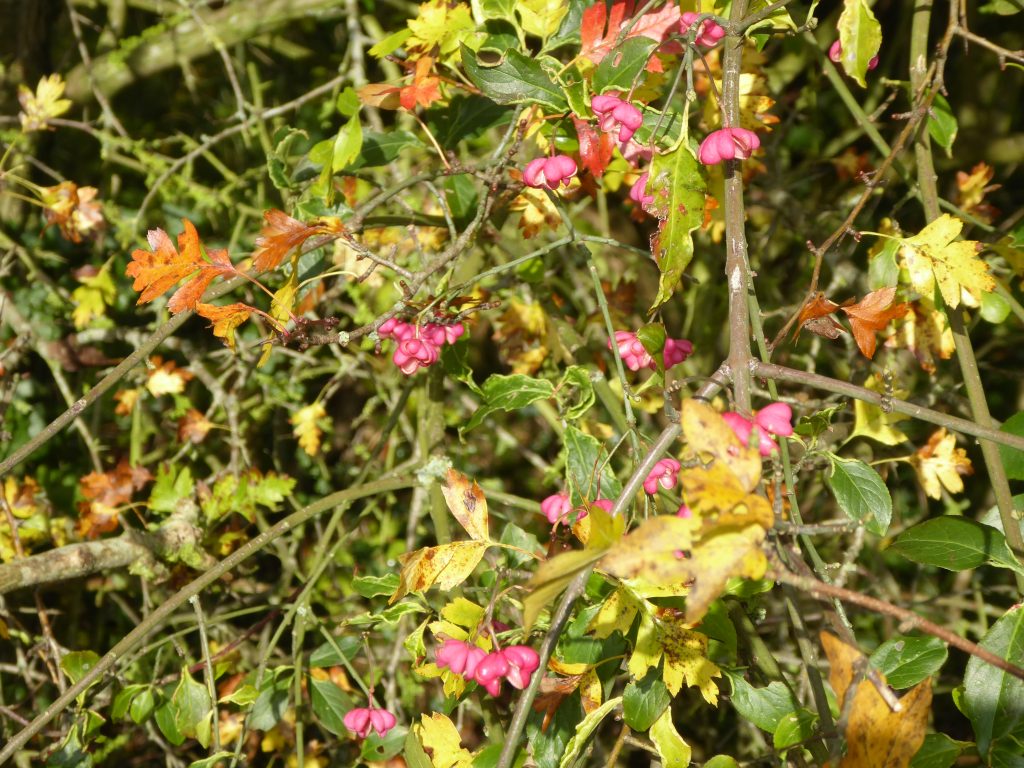
I walked with my son Tom from Sheets Heath in a loop including the Basingstoke canal. Part of the area I roamed with friends in my youth, where it all started if you like. What struck me was this bubble of countryside hadn’t really changed very much over nearly 50 years. Trees must have grown and yes you can now walk over much of Brookwood farm, which was a real no no in my youth, but the feel of the place is as my senses remember.

Birds now tend to be encountered in small groups and as winter progresses these may join up to form large flocks to create the misleading impression of a quiet countryside, unless of course you bump in to one of these super flocks. On the day we did find a real surprise in the shape of 2 Firecrests! These gem like tiny birds were feeding in the trees by the canal but were too fast and tiny to capture on camera. I had never seen Firecrests locally and this was a real treat.
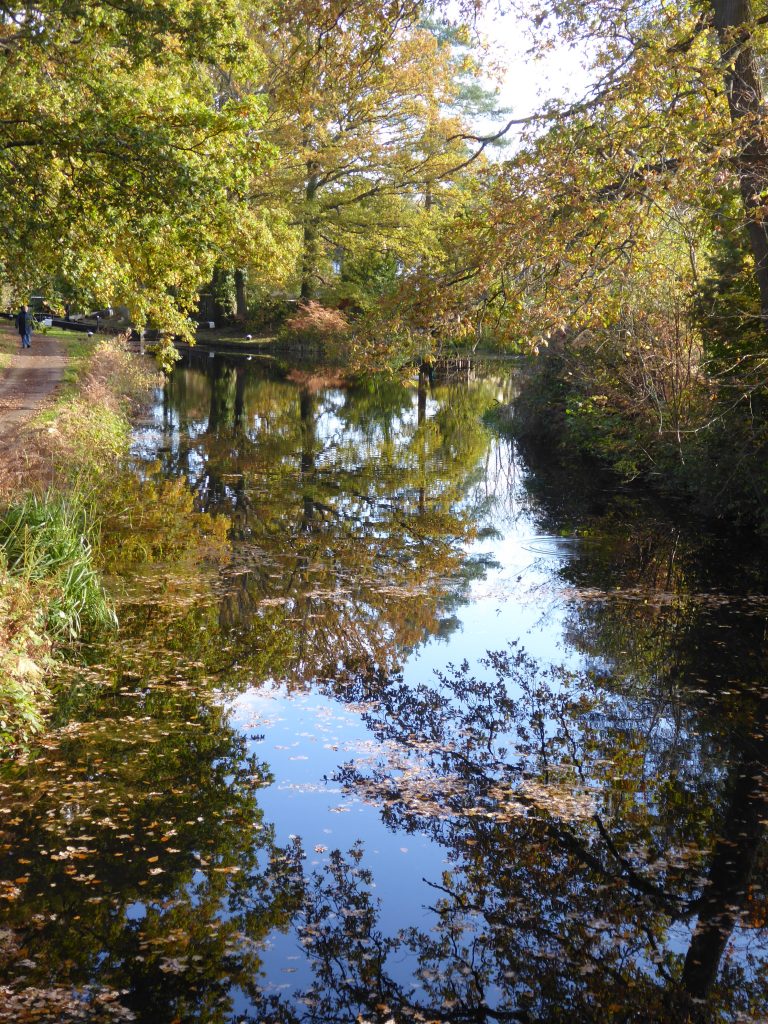
Sheets Heath is remnant of heathland that is one of the areas that has been grazed for a number of years and was, I think, the first road inSurrey to be cattle gridded. It is an indication that there may be reasons to object to grazing on heaths but in reality beneficial conservation grazing really can be become normalised over time.
We did notice one of the other effects of the blurring of seasons, the remarkable inconsistency of tree leaf loss, even between trees of the same species.
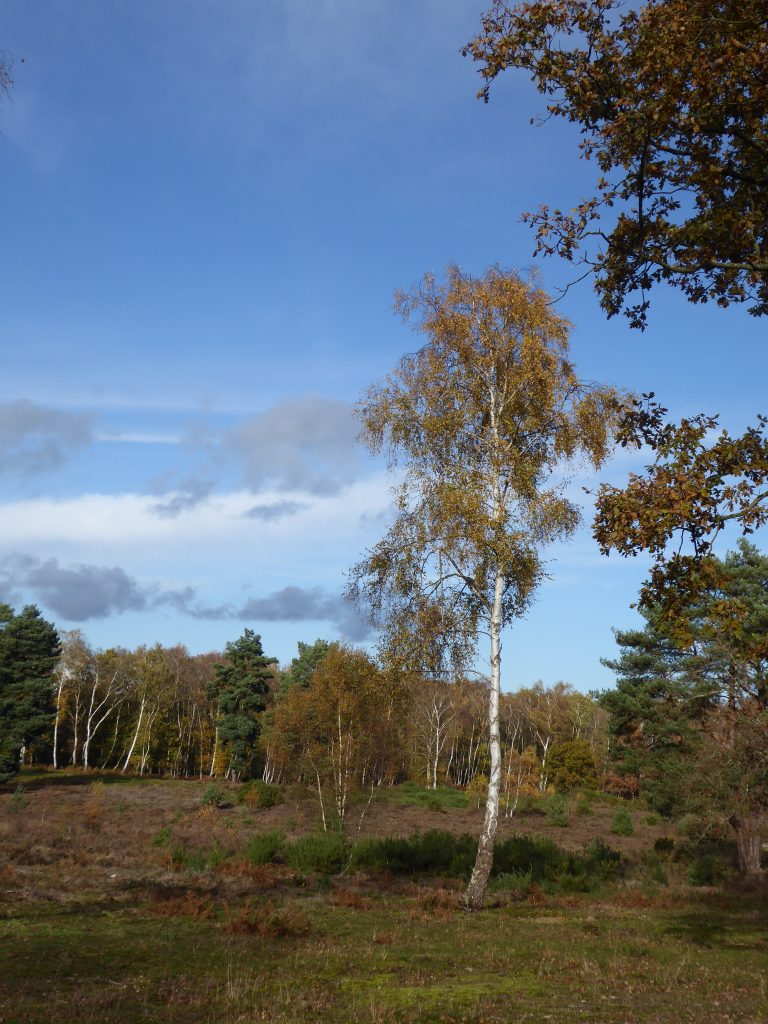
As we returned to the car a final surprise, lots of this fungus…

Haven’t noticed this species before, another reason for a new book!
